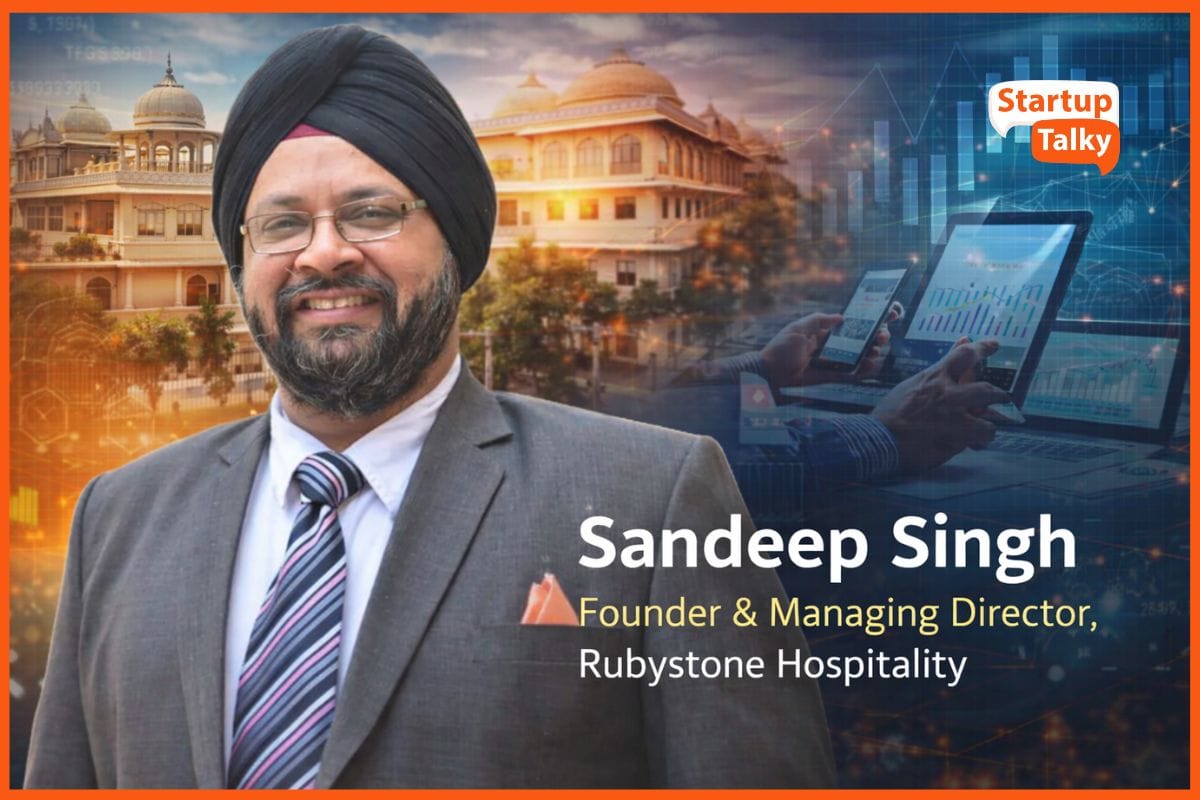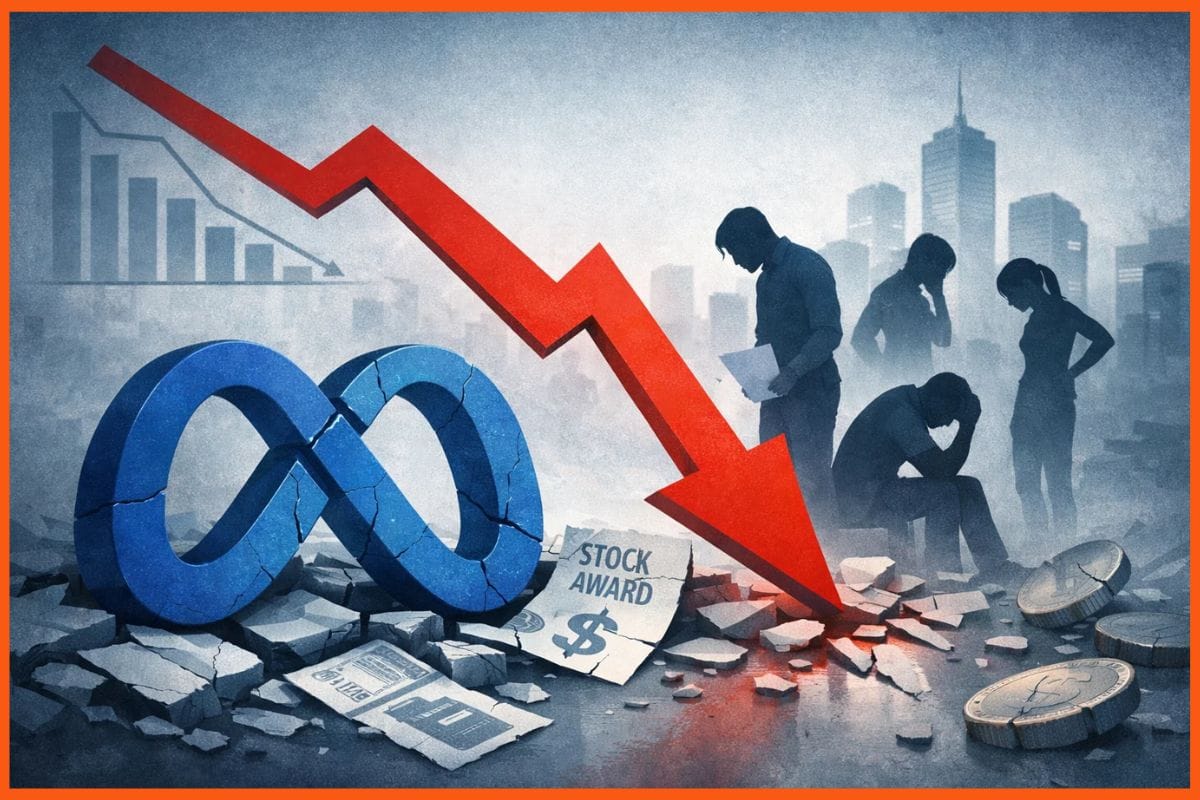Key Acquisitions by Apple: Enabling Innovation and Expansion
🔍Insights
Let’s Picture this: Imagine you're holding your iPhone, asking Siri to play your favorite song or call your contacts while unlocking it with your fingerprint. And for this, you have Apple's strategic acquisitions to thank for these convenient features.
Apple gadgets are known for their innovative features and products that have transformed the tech industry. However, the company's success is not solely due to its in-house development and research efforts. Apple has also made several strategic acquisitions over the years, acquiring companies that have helped it expand its offerings and remain at the forefront of the tech industry.
Apple has made 12 investments in addition to 107 acquisitions. The corporation has invested more than $28.51 billion in acquisitions. The Apple business has been at the forefront of innovation since its establishment in the year 1976, creating some of the most recognizable and ground-breaking gadgets of recent years. Yet, Apple's success is not only attributable to its own brilliance; throughout the years, the business has also made a number of wise acquisitions that have helped it grow its product line and remain ahead of the competition.
Let us now examine some of the most important acquisitions made by the company in more detail in this piece of writing! The acquisitions paved the way for the Palo Alto-based giant to become.

NeXT Computer
FingerWorks
PA Semi
AuthenTec
Beats Electronics
Texture
Drive.ai
Vilynx
NeXT Computer
| Founded | 1985 |
|---|---|
| Industry | Computer Hardware 7 Software |
| Acquired | 1997 |

NeXT Computer is known to be one of Apple's greatest significant purchases in history and was purchased by the company in 1997. This was considered crucial not just because it allowed Steve Jobs to return to Apple, but also because it allowed the business to employ the NeXTSTEP operating system's technologies. This program is known to have served as the model for Apple's current macOS operating system, which is still in use. Avie Tevanian and Jon Rubinstein, who've been instrumental in the creation of the iPod, iPhone, and iPad, were two of the key NeXT employees who became available to Apple as a result of the acquisition.
FingerWorks
| Founded | 1998 |
|---|---|
| Industry | Gesture recognition |
| Acquired | 2005 |

A business that became popular and is known to be specialized in creating touch-based user interfaces for computers, Fingerworks, was bought by Apple in 2005. This purchase helped the company pave the way for the creation of the iPhone, which completely changed the smartphone industry for good. With the use of Fingerworks' technology, Apple was able to develop a touch-based user interface that was simple to understand and operate which later became the future of mobile phones. In the years to come, this strategy is expected to become a defining feature of Apple's products.
PA Semi
| Founded | 2003 |
|---|---|
| Industry | Fabless semiconductor company |
| Acquired | 2008 |

In 2008, Apple purchased PA Semi, a semiconductor business with a focus on creating low-power processors that later became a successful part of the company. The semiconductor design team that Apple gained access to through this acquisition was crucial in the creation of the A-series processors that power the iPhone and iPad. Apple gained a substantial competitive edge in the mobile device industry by inventing its own CPUs, enabling it to produce devices that were more effective and potent than those of its rivals.
AuthenTec
| Founded | 2003 |
|---|---|
| Industry | Fabless semiconductor company |
| Acquired | 2008 |

Apple purchased AuthenTec, a firm that specialized in creating fingerprint recognition technology, in 2012. Apple's acquisition of AuthenTec provided Apple with the technology required to create Touch ID, a feature that allows customers to unlock their iPhones and make transactions with their fingerprints. Touch ID has become a regular feature on the majority of Apple's products, aiding in the security and simplicity of using Apple's gadgets.
Beats Electronics
| Founded | 2006 |
|---|---|
| Industry | Consumer electronics |
| Acquired | 2014 |

Apple paid $3 billion for Beats Electronics in 2014, one of its biggest purchases made by Apple to date. Beats was a prominent headphone and speaker company developed by rapper Dr. Dre and music mogul Jimmy Iovine. Apple's acquisition of Beats Electronics provided it with access to a well-known consumer electronics brand as well as a music streaming service (Beats Music) that would later become Apple Music. The acquisition also brought Jimmy Iovine and Dr. Dre onto Apple's management team later, providing the business with vital insight into the music industry.
Texture
| Founded | 2006 |
|---|---|
| Industry | Consumer electronics |
| Acquired | 2014 |

Texture, a digital magazine subscription service, was purchased by Apple in 2018. This acquisition provided Apple with access to a collection of high-quality periodicals that could be incorporated into Apple's services, such as Apple News and Apple News+. Texture's technology also assisted Apple in improving its curation and recommendation algorithms, making it simpler for consumers to find new material. The acquisition was part of Apple's bigger drive into the services sector, which has been an increasingly crucial source of income for the business in recent years.
Drive.ai
| Founded | 2006 |
|---|---|
| Industry | Consumer electronics |
| Acquired | 2014 |

In 2019, Apple purchased Drive.ai, a firm that was developing self-driving car technology. This acquisition provided Apple with access to a team of specialists in autonomous vehicle technology, which would be useful in the development of Apple's own self-driving car project (known as Project Titan). While specifics regarding Project Titan are still scant, Apple's acquisition of Drive.ai demonstrates that the company is serious about participating in the self-driving car business.
Vilynx
| Founded | 2006 |
|---|---|
| Industry | Consumer electronics |
| Acquired | 2014 |

More recently, in 2020, Apple purchased Vilynx, a firm that develops artificial intelligence technologies for evaluating and categorizing video footage. This purchase is part of Apple's larger push into the video and streaming markets, and it might help the firm improve the recommendations and discovery capabilities of its video streaming services (such as Apple TV).
Conclusion
Apple has made several strategic purchases throughout the years, ranging from semiconductor businesses to virtual assistant startups. These purchases have allowed the corporation to broaden its offers, develop its products, and remain ahead of the competition. While certain purchases (such as NeXT Computer and Fingerworks) had a significant effect on Apple's product development, others (such as Texture and Vilynx) were more focused on expanding the company's services and content offerings. Regardless of their precise emphasis, Apple's acquisitions have played a vital role in the company's development throughout the years.
As Apple continues to expand and change, it will be intriguing to watch what acquisitions it makes next and how they will affect the company's future. Further acquisitions are inevitable in the future as Apple continues to expand and innovate. The corporation has previously stated its desire to broaden its service offerings, and it is probable that it will seek to purchase companies that may assist it in this endeavor. Furthermore, as the technology environment shifts and new technologies develop, Apple will need to stay ahead of the curve by purchasing firms that specialize in these emerging areas. Whatever the future holds, one thing is certain: Apple's acquisitions will continue to be critical to the company's development and evolution for many years to come.
FAQs
What are Apple's key acquisitions?
Below is the list of the main companies acquired by Apple-
- NeXT Computer
- FingerWorks
- PA Semi
- AuthenTec
- Beats Electronics
- Texture
- Drive.ai
- Vilynx
What role did Apple's key acquisitions play in the company's success?
The acquisitions have allowed Apple to broaden its offers, develop its products, and remain ahead of the competition. While certain purchases had a significant effect on Apple's product development, others were more focused on expanding the company's services and content offerings.
Must have tools for startups - Recommended by StartupTalky
- Convert Visitors into Leads- SeizeLead
- Website Builder SquareSpace
- Run your business Smoothly Systeme.io
- Stock Images Shutterstock






